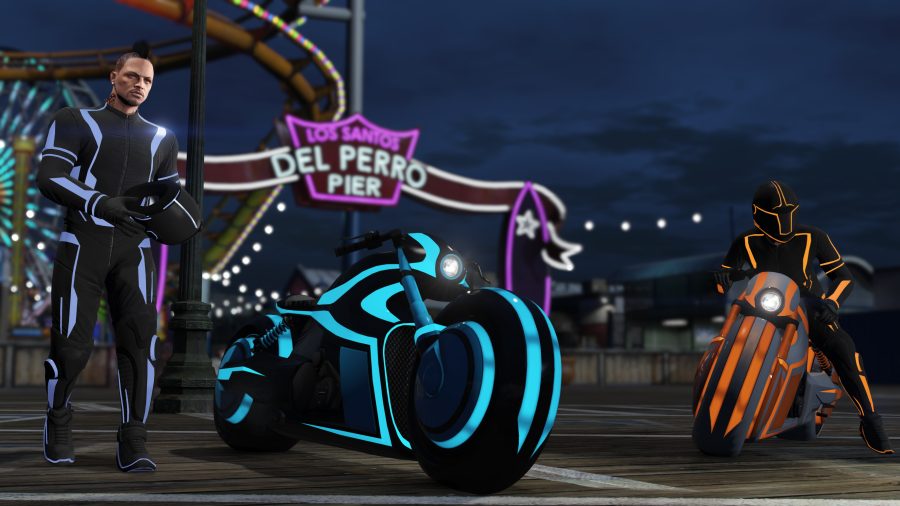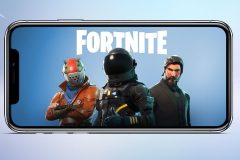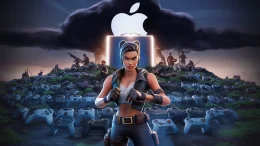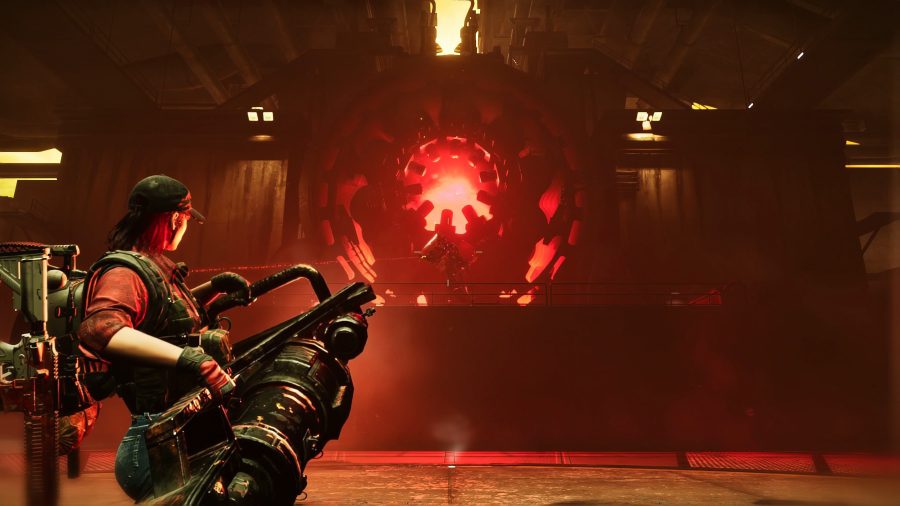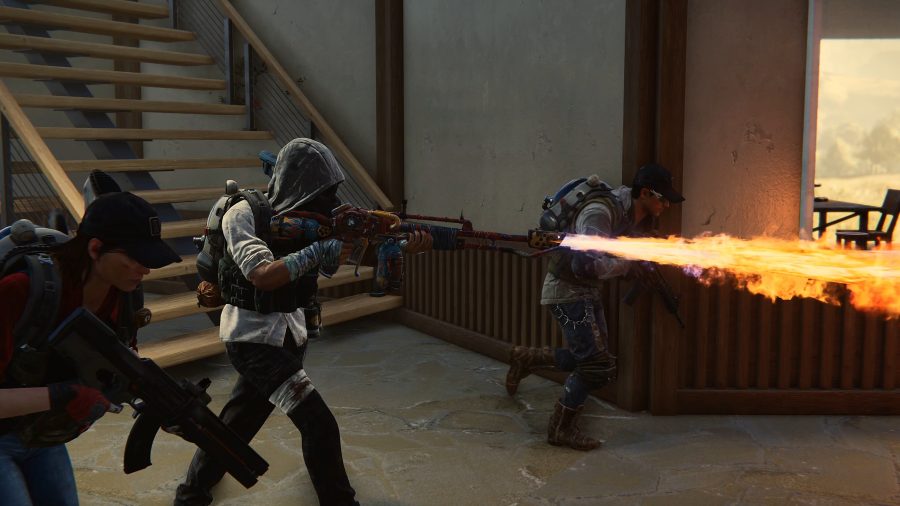A former Rockstar Games developer has confirmed what many gamers long suspected: That Grand Theft Auto 5, which launched in 2013, did have a story expansion planned as premium downloadable content, but the publisher shelved it after Grand Theft Auto Online’s huge success, which pioneered a live-service content model for console games, made such things practically moot.
The story DLC has been getting chewed over in forums and social media over the past few months, after reports and comments from GTA 5’s original voice actors said there were plans to continue the three characters’ stories with dedicated chapters. Steven Ogg, voice actor for whack-job antihero Trevor, said he shot scenes for a story expansion that would have shown him as a most unlikely FBI agent doing jobs for The Man.
Joe Robino, who worked for Rockstar from 2010 to 2016, basically confirmed that in an interview with the podcaster/YouTuber SanInPlay.
“It was really really good. But when GTA Online came out it was so much of a cash cow and people were loving it so much that it was hard to make an argument that a stand-alone DLC would outcompete that,” Robino said. “I think looking back now you could probably do both. But that was a business decision they made. I was a little upset about that.”
Grand Theft Auto Online followed Grand Theft Auto 5’s launch by two weeks in the fall of 2013. A year after release, parent company Take-Two Interactive told investors that 70 percent of GTA 5’s installation base were playing the mode, and in the decade since it has not only delivered millions of dollars to Take-Two’s balance sheet, it’s served as a model to titles like the NBA 2K franchise in terms of what live-service games can deliver to their publishers.
Before GTA 5, Grand Theft Auto 4 (which launched in 2008) followed a post-launch content model that was based on big, premium story expansions instead of seasonal-type content that comes with microtransacted goodies people are willing to pay for. GTA 4 was no flop, nor were its two expansions (The Lost and the Damned, and The Ballad of Gay Tony) but it takes a lot more time and costs more money to do those kinds of content packs.
“A lot of that stuff did end up making it, I believe, into later iterations of GTA Online,” Rubino said. “It’s not like they wasted it. But when GTA Online came out, it was so much of a cash cow, and people were loving it so much, that it was hard to make an argument that a standalone DLC would outcompete that.”
That’s a spot-on point — no publisher, nor developer, wants to compete against itself. But Rubino added that “looking back now, you could probably do both.” That’s a fair point, too. Especially as the live service model landed with a thud in 2017’s Red Dead Redemption 2, which would have been better served by a series of expansion packs like its 2010 predecessor saw.
Grand Theft Auto 6 has been announced and it’s tabbed for a release sometime in 2025. The series will return to its fictional South Florida (i.e. Vice City) setting and no doubt include a big campaign narrative. What comes after that, considering the success of GTA Online but also the swing-and-a-miss of Red Dead Online, is up for grabs.
